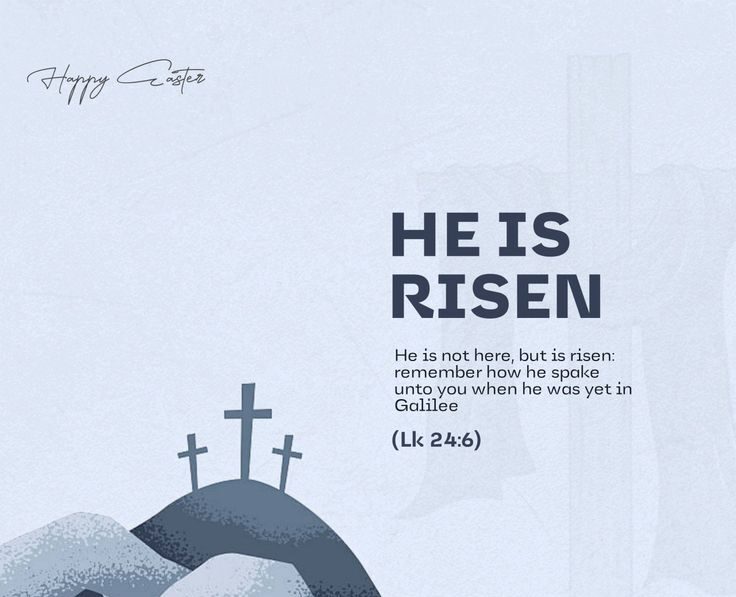Altruism… Pure selflessness
Recently beatified Blessed Teresa of Calcutta for her capacity to intercede on behalf of individuals, Mother Teresa’s name has become synonymous with charity. She left the comfort of the convent


Recently beatified Blessed Teresa of Calcutta for her capacity to intercede on behalf of individuals, Mother Teresa’s name has become synonymous with charity. She left the comfort of the convent life for the difficult life in slums so as to help the vulnerable, often having to beg for food and other supplies. Hers was a long life of purpose: a devotion to care for the sick, the poor and the disadvantaged. She is the paragon of altruism.
What then, can we say is altruism? Altruism is all about unselfish concern for other people. It is going out of your way, whether in kind or in cash, in order to better the life of a fellow human being. Acts of altruism emanate from the desire to assist, not because you feel obligated, but because it is the right thing to do. Altruistic acts range from the minute such as opening the door for someone to the grander like saving someone’s life. The primary tenet of altruism is that man has no right to exist for his own sake.
Boxer Mohammad Ali’s quote ‘service to others is the rent you pay for your room here on earth’ rings true in this case. We live in a highly capitalistic society where the desire to benefit oneself is greater than the desire to benefit others. We live, eat and sleep by the mantra ‘everyone for himself and God for us all’ to the detriment of those who are defenseless. It seems like eons since the late Julius Nyerere of Tanzania declared that Kenya is a ‘man-eat-man’ society. Still true. Our selfish actions continue to vindicate Nyerere’s declaration. Our first instinct is how something is favourable to us before we look at how it will affect other people.
Charles Darwin, the father of evolution, argued that selflessness is an essential part of the social instincts. Research suggests that we have entrenched tendencies to either be selfish or altruistic. We therefore have the challenge of looking for ways to evoke altruism. This virtue can be cultivated by being empathetic. This simply means putting yourself in someone else’s shoes and getting to know where it pinches most.
The saying ‘nice guys finish last’ hardly holds any water. Numerous researches suggest that selflessness improves our personal well-being. It also promotes social connections. When we lend a helping hand to others, they feel closer to us and in return, we feel closer to them. Acts of kindness have financial benefit too. We can draw hundreds of examples of people who have been rewarded for simply being concerned about other people. The good book in Luke 6:38 clearly states ‘give, and it will be given to you. A good measure, pressed down, shaken together and running over, will be poured into your lap…’
Nothing is as contagious as altruism. It’s not only the recipient of our gift that benefits from our act of generosity; rather, it spurs a ripple effect of kindness that will spread throughout our community. And now that we are officially in the month of love, let’s spread the affection through generosity and kindness. Let altruism reign supreme.
Reflections
Every man must decide whether he will walk in the light of creative altruism or in the darkness of destructive selfishness.
Martin Luther King, Jr. (1929-1968, American Pastor and human rights activist
The youngest children have a great capacity for empathy and altruism. There’s a recent study that shows even 14-month-olds will climb across a bunch of cushions and go across a room to give you a pen if you drop one.
Allison Gopnik, American Psychologist
That man is good who does good to others; if he suffers on account of the good he does, he is very good; if he suffers at the hands of those to whom he has done good, then his goodness is so great that it could be enhanced only by greater sufferings; and if he should die at their hands, his virtue can go no further: it is heroic, it is perfect.
Jean de La Bruyére (1645-1696), French philosopher and moralist.
And all people live, not by reason of any care they have for themselves, but by the love for them that is in other people.
Leo Tolstoy (1820-1910), Russian novelist, playwright and essayist.
Your Thoughts
Being selfless is not a duty but a privilege. If we want to lead a successful life, we should bear in mind that we cannot succeed without acknowledging others. We should always count others more significant than ourselves.
Stella Kanyeke, Banker





